20, March 2023
Brenda Biya Eyenga sued for defamation by singer Dencia 0
A Cameroonian singer is suing a daughter of the president of the plaintiff’s native African country, alleging in a multimillion- dollar complaint that the defendant and her friend defamed her on the social media in 2021 by accusing her of dealing drugs and being involved in identity theft and fraud.
Singer Dencia, whose real name is Reprudentia Sonkey, brought the Van Nuys Superior Court lawsuit on Wednesday against Anastasie Brenda Biya Eyenga, the daughter of Cameroon President Paul Biya, and a friend of Eyenga, Marie Therese Yabit. The complaint also alleges civil harassment and both intentional and negligent infliction of emotional distress.
“Defendants’ baseless smears succeeded in backlashing at (Dencia) and destroying her professional career,” the suit states.
Dencia seeks at least $75 million in damages. Representatives for Eyenga and Yabit could not be immediately reached for comment on the suit brought Wednesday, which the Thousand Oaks resident filed on her own behalf without an attorney.
In addition to being an entertainer, Dencia has created several skin care and clothing brands, set up various businesses and founded the skin care brand “Whitenicious by Dencia,” of which she was the president and CEO, the suit states.
Her companies flourished due to her reputation as a popular Cameroonian singer and trustworthy entrepreneur in skin care products, the suit states.
In July 2015, Dencia was contacted by Eyenga’s public relations manager, who told the plaintiff that Eyenga, who eventually moved to Beverly Hills, admired her work and wanted her help in producing a photo shoot and in setting up her own brand, the suit states.
“During the years that followed, both (Dencia) and Eyenga maintained a cordial relationship,” the suit states. “They would both make text exchanges on a regularly basis.”
Eyenga returned to Cameroon in 2019 and the two lost contact, the suit states. In June 2021, Dencia was preparing to go to Cameroon the next month in the company of other musicians, including rapper Trey Songz, when a representative for Eyenga allegedly contacted the plaintiff about a birthday engagement and performing at Eyenga’s new hotel.
Eyenga asked Dencia for help getting her Instagram account certified, the suit states. But in a subsequent dispute, Eyenga accused Dencia of creating a fake account and trying to impersonate her, even though the plaintiff explained she was preoccupied with the death of her sister from cancer and could not help Eyenga get her account certified as the plaintiff had hoped, the suit states.
Eyenga, allegedly with Yabit’s help, accused Dencia on social media of identity theft and of being a “scammer” and a “fraudster,” the suit states.
“The news quickly made a media buzz about (Dencia) based on Eyenga’s allegations,” the suit states. “(Dencia’s) reputation was being trampled on by the daughter of the president of the Republic of Cameroon in a totally unjustified way.”
Dencia’s companies suffered losses and the stature she worked hard to establish has been damaged, causing her emotional distress, according to her suit, which further seeks a court order preventing any more allegedly defamatory postings.
Source: City News Service

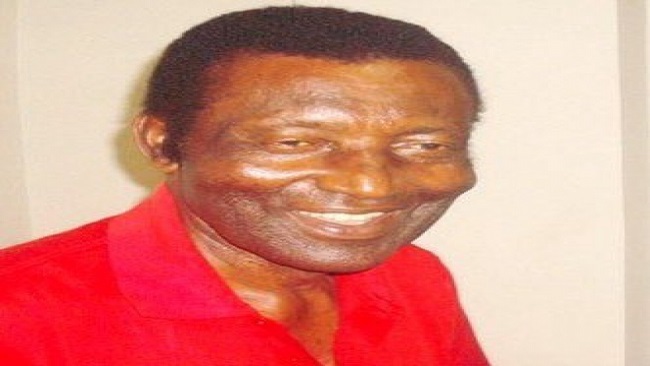
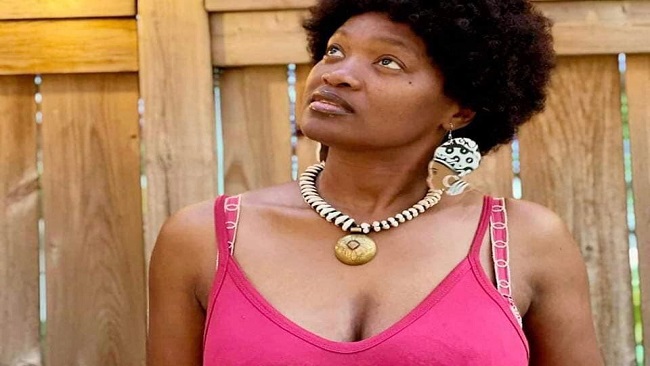



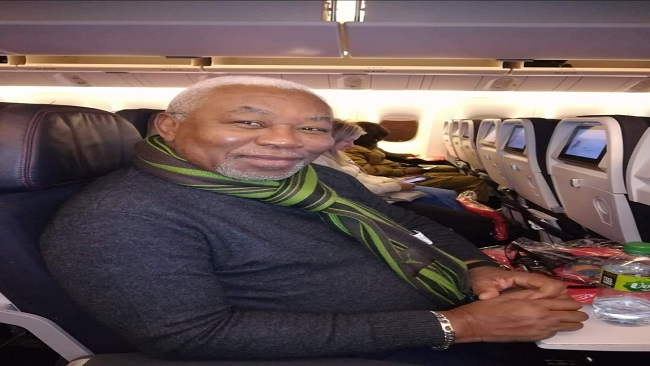
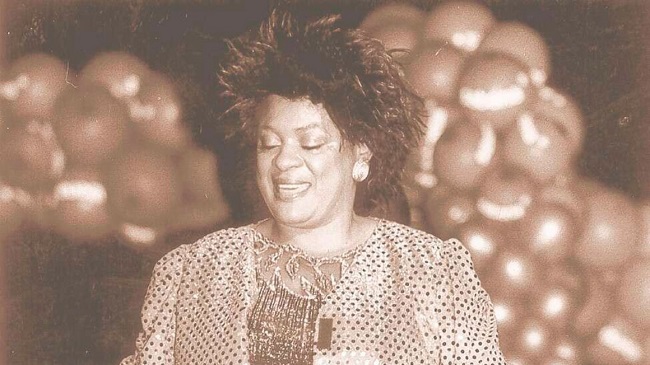

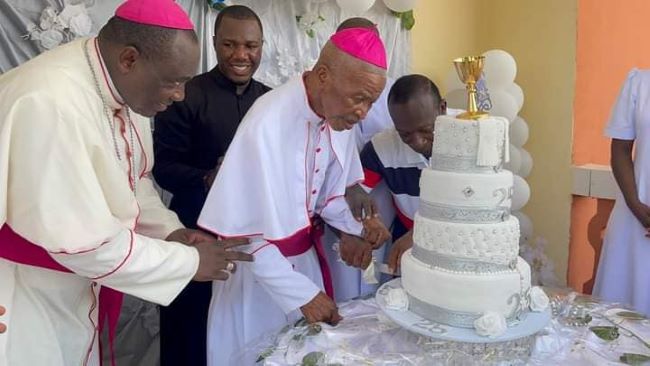










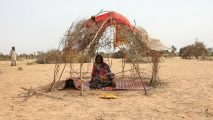





30, April 2023
Spain: Barack Obama and friends surprise Barcelona restaurant 0
A former president, a world-famous Hollywood director and a rock music icon walk into a restaurant.
It sounds like the setup to a joke, but staff at Amar restaurant in Barcelona witnessed just that on Thursday night.
Employees were left in shock when 44th US president Barack Obama, director Steven Spielberg and musician Bruce Springsteen walked in unannounced.
Chef Rafa Zafra said Amar had been suggested by Spanish-American celebrity restaurateur José Andrés.
“They came recommended by José Andrés, who has a very close relationship with Obama,” Mr Zafra told Spanish radio.
Mr Zafra said José Andrés told him that the booking was important. It was then that he realised that Mr Obama and his wife Michelle were in the city to attend a Springsteen concert, as was Spielberg.
Staff member Pol Perello uploaded a photo of them posing with wait staff and chefs to Instagram with the comment: “The pleasure this job brings you!”
“We gave them oysters, shellfish and fish from Roses, my classic – the caviar bikini – a little bit of everything… and super grateful!” Mr Zafra said.
Accompanied by security detail, the Obamas and Spielberg used Friday to visit some of Barcelona’s most famous sights, such as the Sagrada Familia basilica and the Picasso museum.
Springsteen’s E Street band began their European leg of their tour on Friday at the city’s Olympic Stadium.
The former president first met the rock legend on the presidential campaign trail in 2008. In 2021, they hosted the podcast Renegades: Born in the USA.
Source: BBC